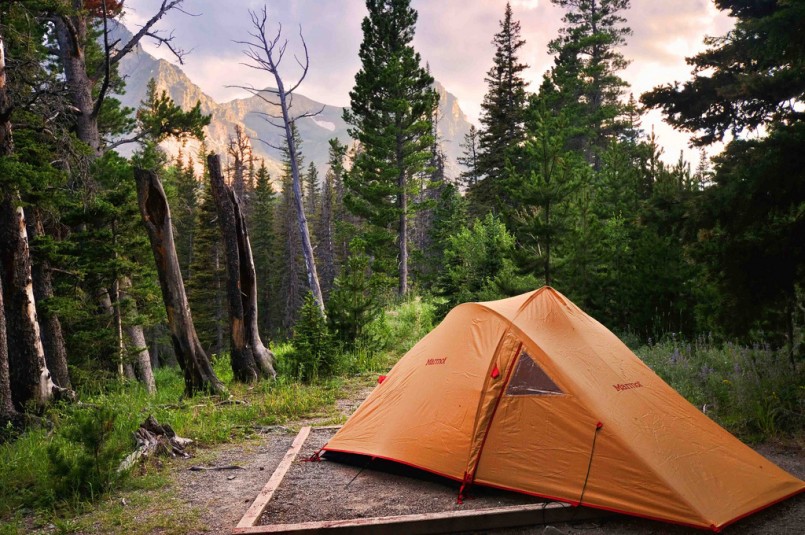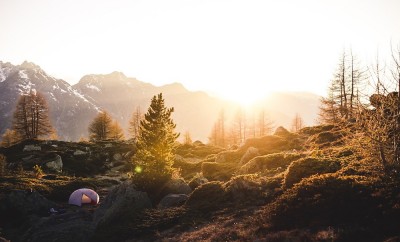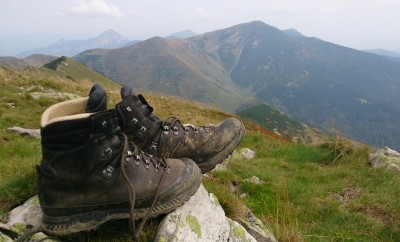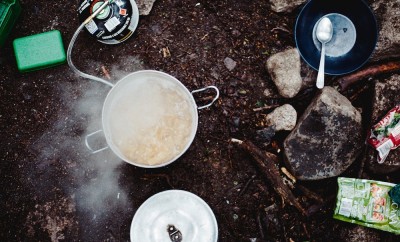Gear
5 Steps to Choosing the Right Tent
Selecting any kind of gear is intimidating at first. Whether you’re pitching a tent during a summer hike in Colorado, or you’re camping out in a blizzard in Greenland, comparing different types of tents is crucial.
1. Size
The first thing to consider is how many people will be sleeping in your tent. Tents come in all shapes and sizes, ranging from two-person to eight-person, and even bigger. It is never a bad idea to buy something a little bigger than the number of people camping, because you will need to factor in how much space your gear will take up. A good rule of thumb is to divide the advertised tent size in half to get a more accurate estimate. Imagine how much space you would like when you sit up too. Some tents are less convenient for sitting up and doing things inside—they are purely for sleeping. Other tents are big enough to stand up in. Your perfect tent size depends on your overall purpose for buying one.
2. Price
A more obvious factor is your price range. Usually a more expensive tent is more durable and suited for extreme weather conditions, but you can still find great tents at a lower cost. If you are camping in warmer temperatures, you may be better off saving your money to put toward other gear. If you do invest more money into your tent, you will get your money’s worth because it will likely last you a lifetime. Look for brands that offer lifetime warranty to make sure you gain the most value from your purchase.
3. Climate
The most important question to ask yourself is what the weather conditions will be like. If there is even the slightest chance of rain, you want to make sure and find something waterproof, with durable fabric, a rain cover, and waterproof zippers. Most tents have a waterproof rain cover, but be sure to look at how big this cover is. Some rain covers will extend all the way to the ground, while others only cover the tent’s roof. Some brands offer windproof tents for extreme wind conditions. If you are camping in the snow, it is definitely worth it to buy the more expensive, durable tent. When camping in extreme conditions, a bigger, more spacious tent is a better choice since you will be spending more time inside.
4. Weight
Primitive camping often requires a bit of hiking. You’ll want to test the weight of several different tents to see which is the lightest. Some bigger tents will actually be lighter than a smaller one because of its high quality. Factor in how much other gear you will be carrying. Aside from weight, you’ll also want to think about how easily you can carry the tent. If it is heavy, but compact, then it may be easier to carry than a lightweight tent that is too awkward to carry.
5. Ease of Setup
It is important to plan ahead as much as possible. If you know you will be hiking until dusk, then you want to find a tent that is extremely easy to set up. If you have plenty of time to set up your campsite, then this isn’t something that should determine which tent you pick. While this variable is less important, it is still something that could help you narrow down your choices.






0 comments